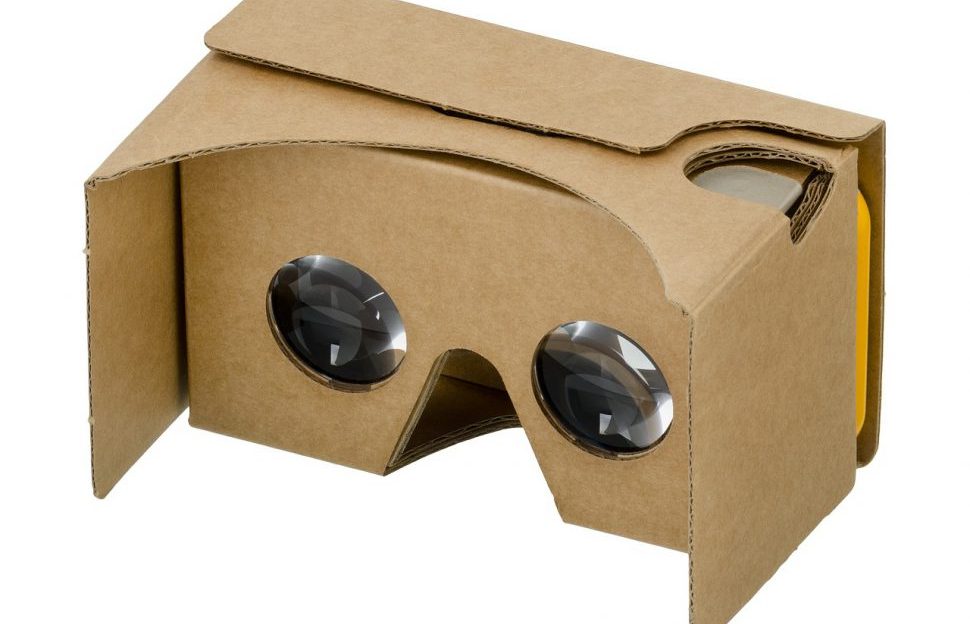John Tolley, November 27, 2017
Want to get a kid to eat more fruits, vegetables and whole grains? Give them a video game, says a group of researchers led by the University of Nebraska-Lincoln?s Changmin Yan, an associate professor of advertising and public relations.
Yan?s team has developed a set of immersive, virtual reality games that get kids active and promote healthy attitudes about food all while they?re having fun. Over the course of three games, children are challenged to identify different types of food, decide what category the food item fits into and, finally, to decide how much of a particular item they should eat. Two additional games promote physical activity.
The idea is to get children, particularly those from rural and/or impoverished backgrounds, to engage with nutrition and health in ways that might not be available to them on a daily basis.
?Virtual reality is the latest tool that allows us to tap into full immersion with fewer distractions,? Yan said, speaking with Nebraska Today. ?The more immersed kids are in our virtual reality game, the more likely they?ll be engaged with the healthy values we?re trying to teach.?
To ensure that the program is as affordable and accessible as possible, the group is using Google Cardboard VR sets - which retail for around $15 - as the main platform of gameplay. The games have also been designed to run simply and consume as little bandwidth as possible, so as not to eat into sometimes limited mobile data plans.
?Our team really wants to address health disparities,? Yan said. ?We don?t want to make a virtual reality platform as an elite device, or else we are creating another gap. We want to make our game as accessible as possible.?
The team?s research and game development was made possible through funding from the University of Nebraska?s Food for Health Collaboration Initiative which is part of the Nebraska Center for Research on Children, Youth, Families and Schools.







 See what's coming up live on B1G+ every day of the season at BigTenPlus.com.
See what's coming up live on B1G+ every day of the season at BigTenPlus.com. 